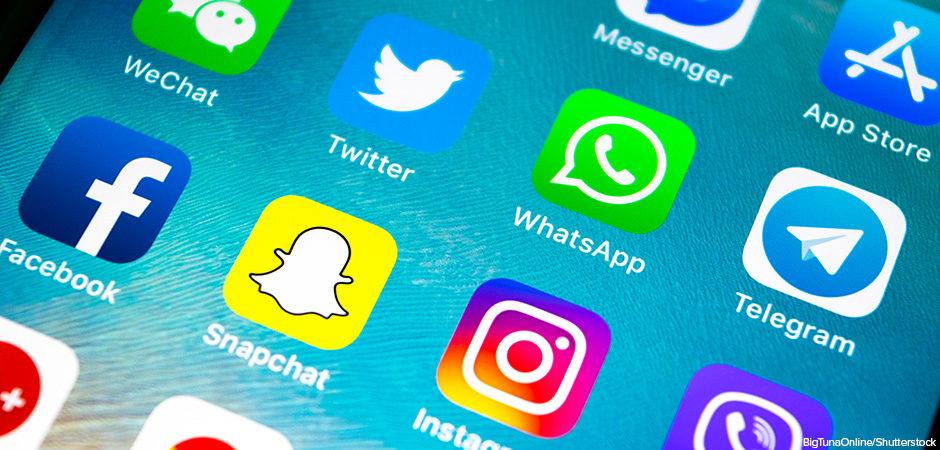
As a student, what are you allowed to say–and not allowed to say–on social media? That’s the question at the heart of a recent Supreme Court ruling. A high school student from Pennsylvania is at the center of the case. She posted her frustration on Snapchat after not making the varsity cheerleading team. Here, btw takes a closer look at the outcome, and what it could mean for your First Amendment rights online.
What Happened?
Four years ago, a fourteen-year-old high school freshman named Brandi Levy didn’t make the varsity cheerleading team. She published an angry social media post that included curse words and an image of her and a friend raising their middle fingers. The school punished Levy by suspending her from all cheerleading activities for one year.
But Levy was not in school at the time she made the post, and she made it from her own phone, not from school equipment. Did the school have the right to punish her behavior? Was she just exercising her right to free speech? Levy’s parents filed a federal lawsuit and won. She was reinstated on the junior varsity cheerleading team. But the school district appealed the case. The district argued that, in some circumstances, schools should have the right to regulate online student speech, even when it occurs off-campus. The Supreme Court ruled 8-1 in favor of Levy. It reasoned that punishing her for her post was a violation of her First Amendment free speech rights.
The Changing Role of the Schools
It might seem obvious to you that your principal can’t regulate what you post on social media from your home. But what about the impact of the coronavirus pandemic, when virtually all schooling took place online, from home? What about online bullying? If one student is using social media to bully or threaten another, does the school have a right to step in to stop it?
The Supreme Court ruled in favor of Levy, but it also reiterated that there are certain situations when school districts do need to step in to regulate online speech. Those situations include:
- bullying or harassment;
- threats aimed at teachers or other students;
- academic misconduct;
- online schooling; and
- hacking.
The Court also set out three factors that schools must consider when deciding whether to regulate off-campus speech. First, it said that parents are better than school administrators at regulating student behavior. Second, regulating student speech in this way is at odds with basic free speech values. Third, even unpopular speech is worthy of protection.
After reading the information about this case, YOU DECIDE: Should private social media posts be regulated by school administrators?

